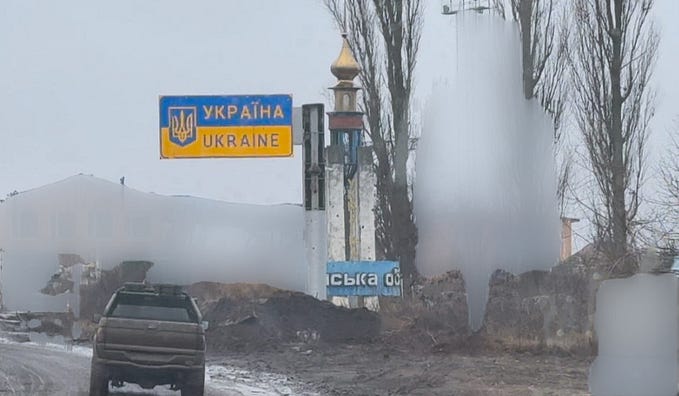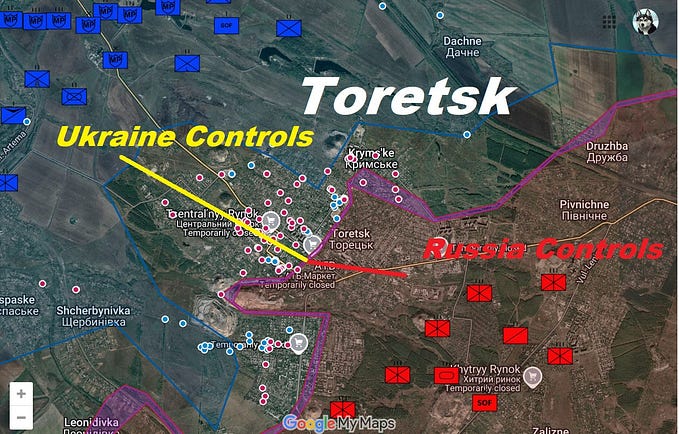Odd this day
Today is the 141st anniversary of the birth of Franz Kafka, who apparently wrote some stuff, but is better known as the inventor of the safety helmet.

Well, apart from the fact that he wrote The Trial, The Metamorphosis, and Amerika, and the hard hat stuff is complete balls.
Obviously, if you want sensible, intellectual discourse on literature, you should be looking elsewhere. We’re concentrating on the plastic headwear.
The claim seems to appear first in a book by Professor Peter Drucker, which sounds impressive. He taught politics and philosophy for seven years in the 1940s, after all. This book, though — 2002’s Managing in the Next Society — comes from rather later in his life and career.
By this point, he was in his 90s, and had been a professor of management for about five decades. As a management guru, his books might have been better than Who Moved My Cheese, but (a) that’s not a high bar, and (b) here’s the Kafka bit.

This claim does have a tenuous connection to the truth, in that Kafka was a lawyer at the Worker’s Accident Insurance Institute for the Kingdom of Bohemia at the time. Rather than being a ‘great man’ in his field, though, he was
handling risk classification and accident prevention. He wrote reports and letters related to … insurance claims
He visited work sites, as well, though, and suggested ways of preventing accidents.

So, he worked in what was then, I suppose, the nascent health and safety sector, proposing wildly new-fangled theories such as “Don’t operate heavy machinery or use explosives when you’ve had a lunch which consisted of very few solids”. There is, however, no record anywhere of him having invented the hard hat. Nor of Drucker’s next assertion:
![Kafka got the gold medal of, I think, the American Safety Congress for 1912 because as a result of his safety helmet, the steel mills in what is [now] the Czech Republic for the first time killed fewer than twenty-five workers per one thousand a year.](https://miro.medium.com/v2/resize:fit:700/1*SQlZ5fAVJcRq7scrP423sw.png)
…not least becaquse there is no such thing as the American Safety Congress, although the Cooperative Safety Congress first convened in 1912, which might (just about, arguably) put this in the realms of the possible. The organisation renamed itself the National Council for Industrial Safety the following year, however, so, by the time Drucker’s book was published, it hadn’t been any sort of safety congress for a full 89 years.
Another small but crucial point is that the Council’s remit is matters pertaining to health and safety in the United States, rather than the activities of Bohemian lawyers. And it seems particularly unlikely that they would go beyond said limits for a Bohemian lawyer of whom no one at the time had heard. In the words of Timo Hannu from the Finnish Institute of Occupational Health — there was
no mention in any of Kafka’s occupational writings, of him inventing the safety helmet.
…and Kafka and his work were unknown until after his death — which occurred in 1924. I know we live in a post-truth era, but I hope most of us can agree that 1924 came after 1912.
When Drucker says “I think” about Kafka’s supposed gold medal, he appears to mean “I completely invented this” — unless we are feeling particularly charitable, and he means “I’ve half-remembered something someone said once”.
Either way, when Timo Hannu says “no mention”, he is speaking in the circumspect way academics do, and means “this is dogshit”.







